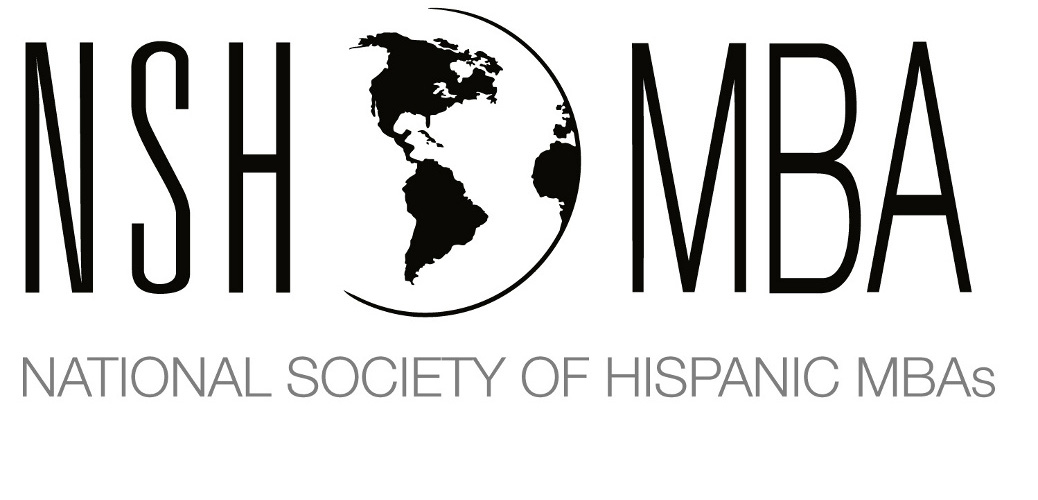I read this article in the Harvard Business Review Blog (Hispanic Talent Is the Future for Big Companies) the other day and started pondering about the position that I am in right now as a Latino. One notion that struck really hard was this:
By 2050, Hispanics will represent over half of the nation’s workforce.
I look around at Cummins HQ and we have a much diverse group of people representing almost all nations from around the world. We want to harness as much diversity as possible, I have written about that some time ago.
Tapping into this rapidly-growing pool of workers will require a mix of traditional values and forward-thinking practices. The important role work plays in creating paths for upward mobility in many Hispanics’ lives suggest that companies should emphasize well-thought-out career development options – attractive promotion possibilities and access to resources required to attain them. To the extent possible, career advances should be accompanied by status-related recognition, including titles or other symbolic designations (such as badging) that can be easily shared with an extended community.
The article notes to companies that their future lays in taping into this segment of the population, to do this they will have to change their culture. I would agree that:
- Latinos are a growing demographic in the United States, there is no denying this is true.
- Companies don’t really have a strategy for this demographic, other than going to conferences like NSHMBA.
Having said this, I don’t think that they really need to cater to my demographic; they should be MORE demographic agnostic. Knowing that Latinos like to be recognized, does not mean that as a company we need to have new ways of recognizing. Even worst, targeting Latinos to these programs. I am sure that there are other cultures / demographics / backgrounds that DO NOT like these public demonstrations of recognition. I am not saying that companies would want to abolish the recognition either. Companies need to set guidelines, processes and procedures for the good of the company.
Just like I would not think it would be fair to cater to another demographic element of the population, I would not want the company to put special procedures for me.
Had this article been about how do we recruit Hispanic talent that is currently being lost because companies are not recognized in Hispanic groups. Or how can companies demonstrate they are truly committed to diversity. That would be something that would be compelling, but telling companies they need to change their culture to cater to one group is simply unacceptable.


